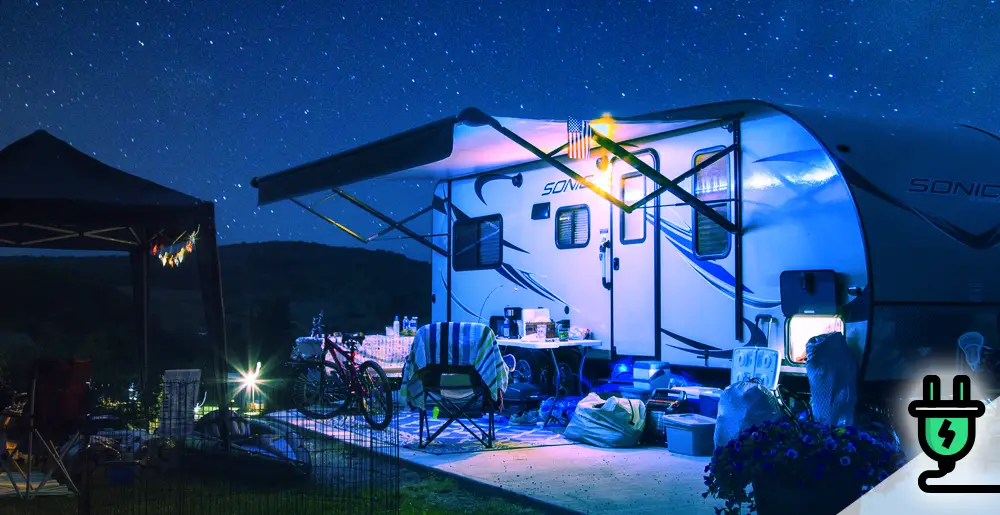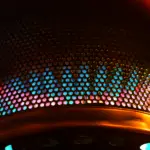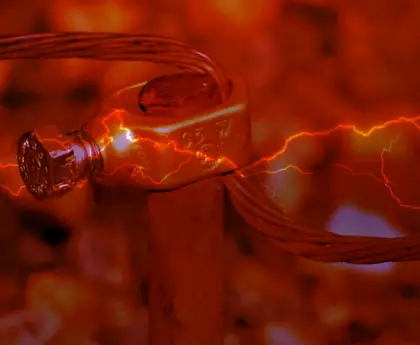If you love getting away from it all, the hustle bustle of city life and the rat race of the 9-to-5, but don’t want to give up creature comforts completely the odds are good you’ve got a generator tucked away in your camper.
Or at least you plan to, anyway!
Finding the right generator for your camper, though, can often become more of a challenge than you would have expected.
No, it’s not that there are too few options to choose from. There are plenty of choices – more than maybe ever before.
It’s that finding the right size generator for your camper involves a lot more than most people expect.
With this detailed guide, though, you won’t have to worry about that any longer.
Let’s jump right in!
What Size Generator Do I Need for My Camper?
There are a couple of things you have to consider when getting ready to buy a generator for your camper, particularly when it comes to the size of this hardware.
Power Needs
First, you need to really think about the power needs that you are going to be dealing with.
Are you going to have a whole bunch of appliances and electronics hooked up inside of your camper that need a heavy duty generator to run them?
Or do you really only need to power a couple of essentials (maybe some lights, a radio, or have enough juice to charge your laptop and tablet off the grid)?
The only thing worse than spending a mountain of money on a generator that is overkill for your camper is cutting costs by getting a generator too small for your needs.
Fuel Source
Another thing you need to think about is the fuel source that you’re going to have your generator run off of.
Campers don’t have a ton of available space for lots of fuel to be piled up inside, not if you want to bring everything else that you are hoping to take on an adventure.
You also need to consider the stability of the fuel sources your generator will run off of. Larger generators need a lot more fuel, and usually need fuel sources that are less stable – gasoline and diesel fuel.
Space Considerations
Finally, the space that you have available to tuck a generator away inside of your camper will have a huge impact on the size of the generator you invest in.
If you don’t have a ton of free real estate in your camper set up the odds are good you’ll want to stick to a more portable unit.
If, though, you have a ton of available space and aren’t going to be using it anyway you may as well “go big or go home”.
Should I Go with a Conventional or Inverter Generator?
The next thing you have to think about is whether or not you’re going to move forward with a conventional generator or an inverter generator.
Conventional generators are usually much louder, much heavier, and often much larger than inverter style generators. You’ll need to have more space for a conventional set up and deal with the shortcomings they bring to the table.
Inverter generators are more compact, more lightweight, and generally have lower operating noise levels. They also cost a lot more money and can be a little more finicky than you’d expect – so that’s something to consider, too.
How Important is Generator Noise in an RV?
Finally, you have to think about the amount of noise your generator is going to produce when it is running full speed ahead. Generator noise levels are measured in decibels (dBA).
Generator noise levels can vary significantly depending on the size and manufacturer. A generator’s dBa range anywhere between mid-50 to 80 dBA for smaller models that have louder noisier engines while larger ones might only peak in at around 60dB or less than 50dbA.
The Difference Between generators can be very different even if their power ratings stay about same
Larger generators are always going to make a ton of noise and that means breaking up the peace and quiet you probably headed out in your camper to enjoy. Running them while you sleep sometimes becomes an almost impossibility because of the extra noise levels.
Smaller generators, on the other hand, don’t make a ton of noise when they are operating but can make noise bouncing around if they aren’t anchored securely.
Plenty of people have been woken up to a bouncing generator banging away inside their camper, even if it wasn’t making all that much noise producing power!
Closing Thoughts
At the end of the day, couple of things are going to help you decide how big of a generator you should get for your camper:
- The power needs that have to be met by your generator
- The fuel that you are going to be powering your generator with and
- The available real estate you have to dedicate to your generator inside of your camper
Make sure that these things are top of mind when you start to hunt for a new piece of power producing hardware and you’ll have a lot less to worry about. You’ll almost always get your hands on the perfect generator for your needs – and for your camper set up!





